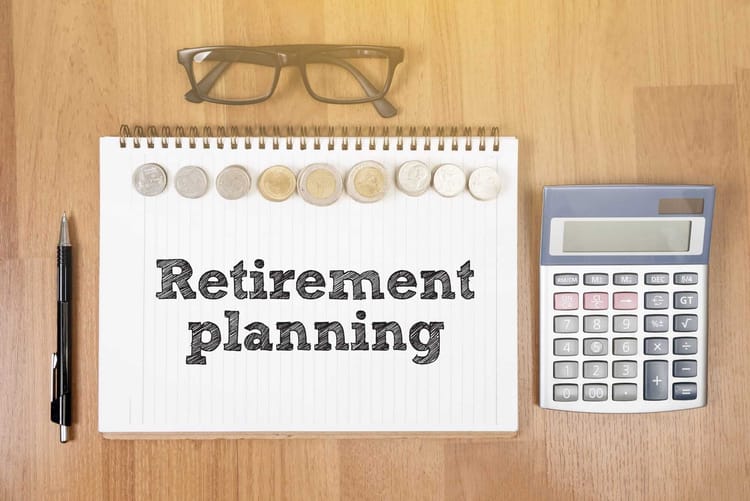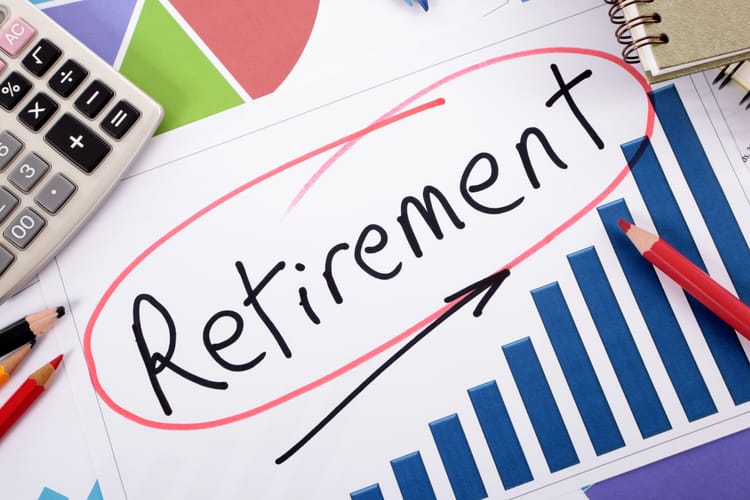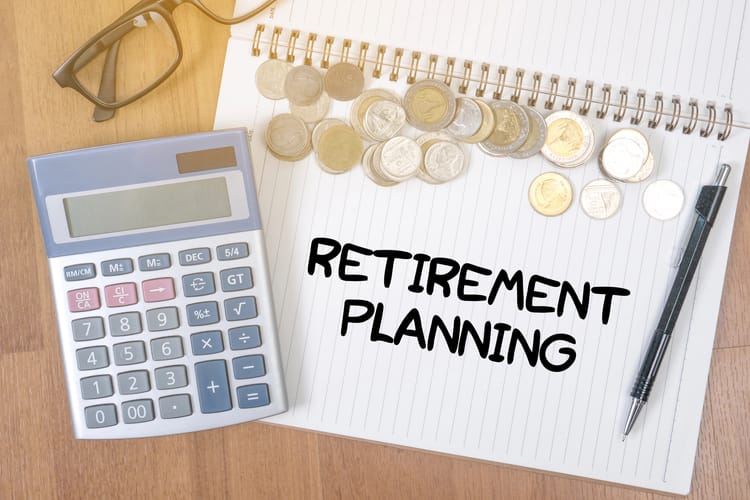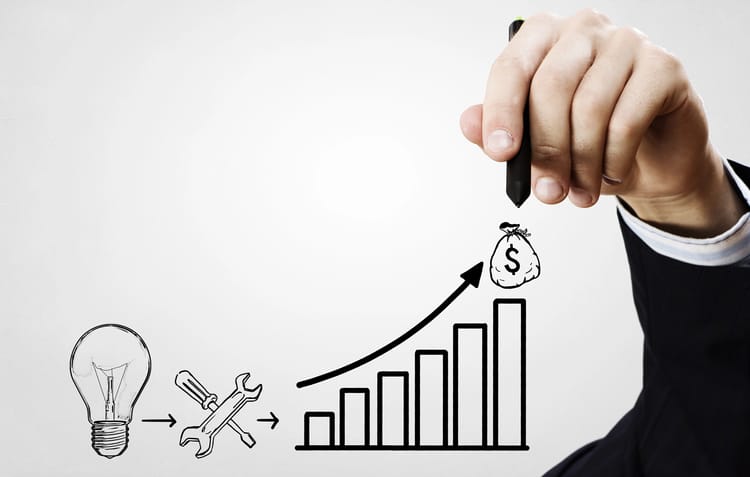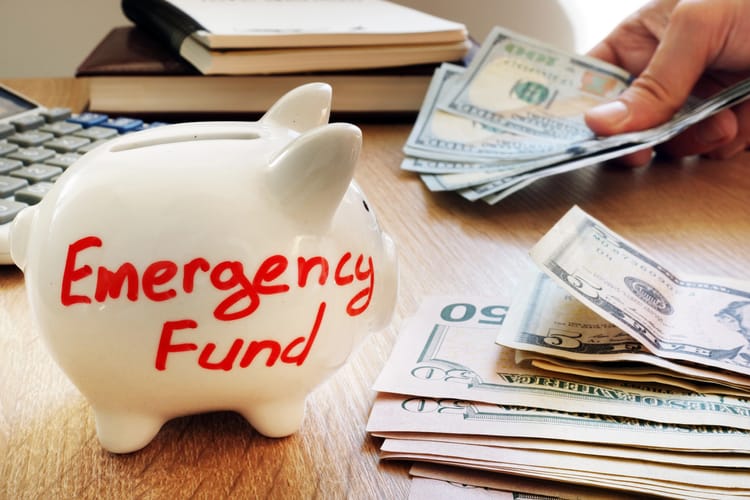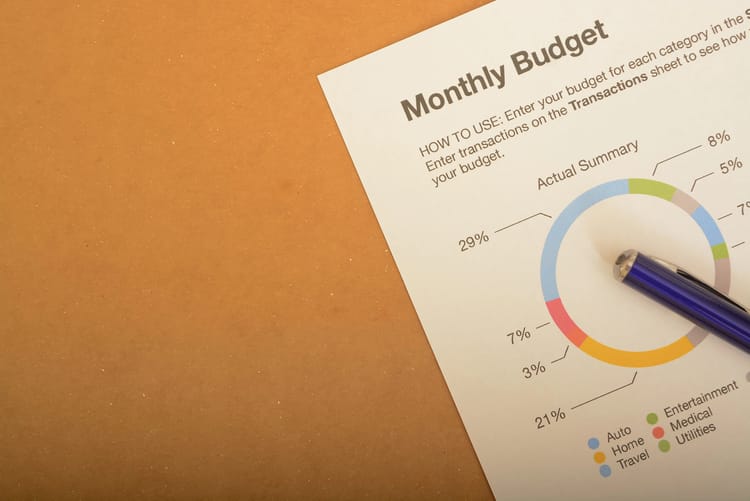When to start saving for retirement? How age shapes your future income
The sooner you begin saving, the more flexibility you’ll have in deciding when and how to retire. This guide explains when to start saving for retirement and shows how early contributions can significantly reduce future effort and increase your income in retirement.


